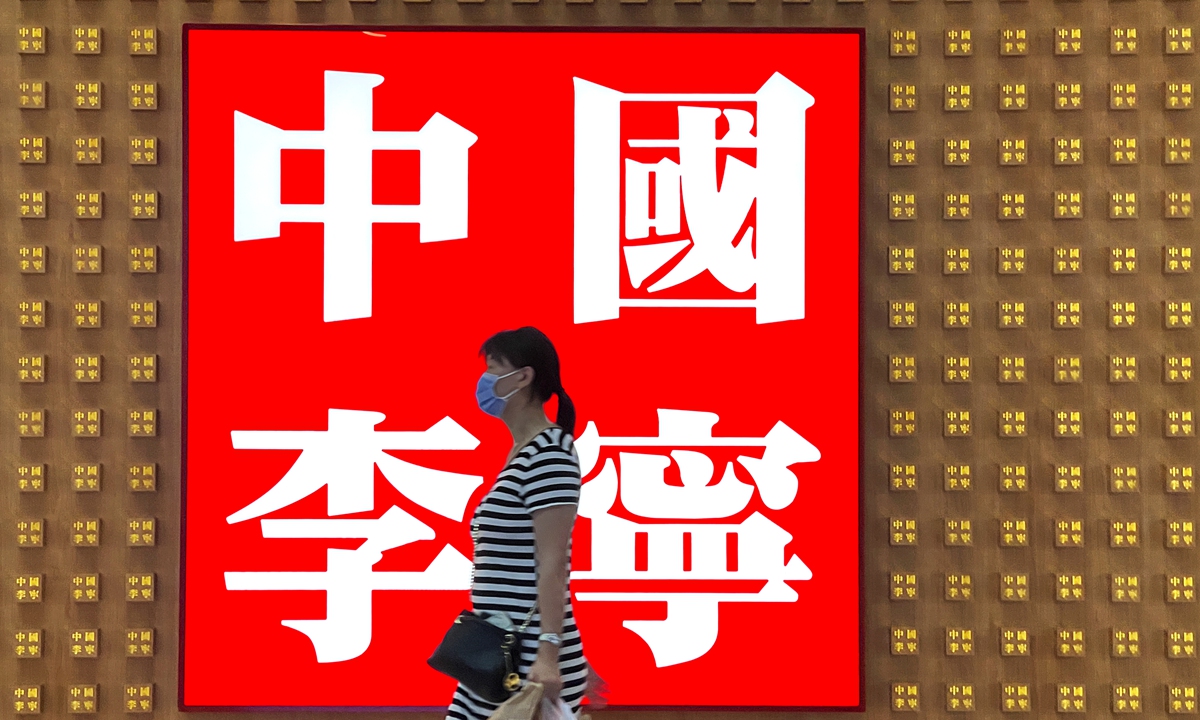Sportswear brand Li-Ning apologizes amid controversy over Japanese military-like collection

File photo: cnsphoto
Chinese sportswear brand Li-Ning issued a "sincere apology" over the "perplexity and doubt" caused by some of its product designs as the company faces heat after some of its latest apparel designs were said to highly resemble World War II-era Japanese military outfits.The company, which posted a 21.7-percent year-on-year revenue growth in the first half of the year to $1.8 billion, came under netizens' criticism for its "airport collection" recently unveiled on its official Weibo account. The collection, which includes several navy green jackets and hoodies, was questioned by netizens who said the clothing imitates Japanese outfits during the World War II and was offensive. They uncovered that the company's co-CEO is a Japanese citizen.
Li-Ning said on its Weibo account on Wednesday that with regard to its airport collection, which stirred up online discussions recently, the company attaches great importance to the matter.
The company explained that the outfit in question draws inspiration from pilot apparel in an effort to demonstrate mankind's dream to explore the sky. The hoodies, which draw the most discussion, based its inspiration from ancient Chinese helmet, outdoor protection gear and cotton-padded cap, the company said, noting that the products come in a variety of colors and patterns are wind and cold proof.
The company said as a professional sportswear brand, it sticks to its mission to create products that can win consumers' favor, reflect professionalism and sense of design and said it will listen with an attentive heart to people's advice and suggestions and strive to roll out products that can win customer's recognition.
The topic is one of the most discussed on Chinese social media on Wednesday. Some netizens pointed out there is also possibility that the incident could be the work of the company's business rivals while others accepted the apology but urged the company to exercise more caution in future designs to avoid controversy.
As Chinese people's acceptance and even preference for domestic brands rise, they are also growingly critical, observers noted.
Last week, Chinese food flavoring giant Foshan Haitian Flavoring & Food Co plunged into a "double standards" controversy when netizens found some of its soy sauce sold in Japan contains only natural ingredients whereas the domestic version contains additives. The company apologized.
